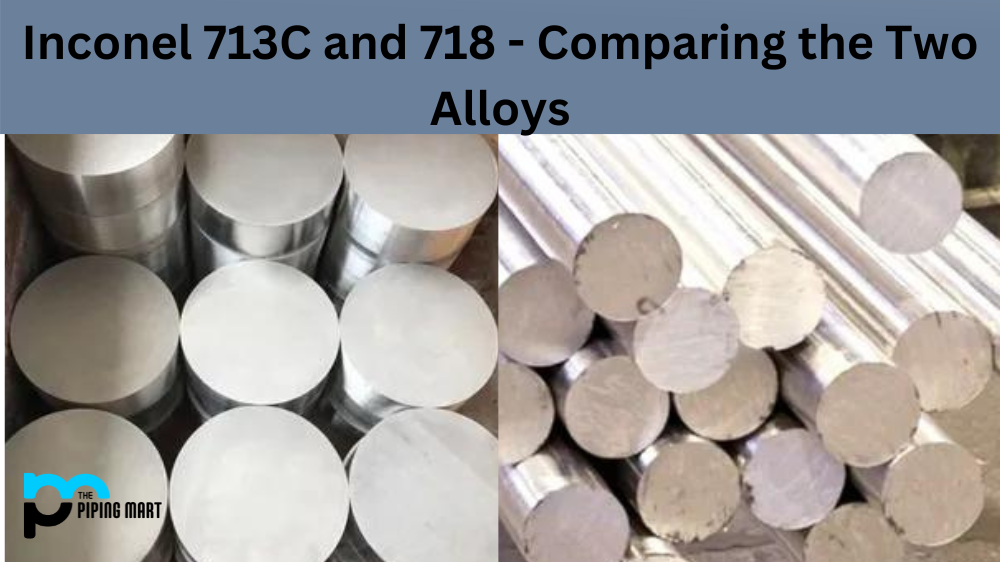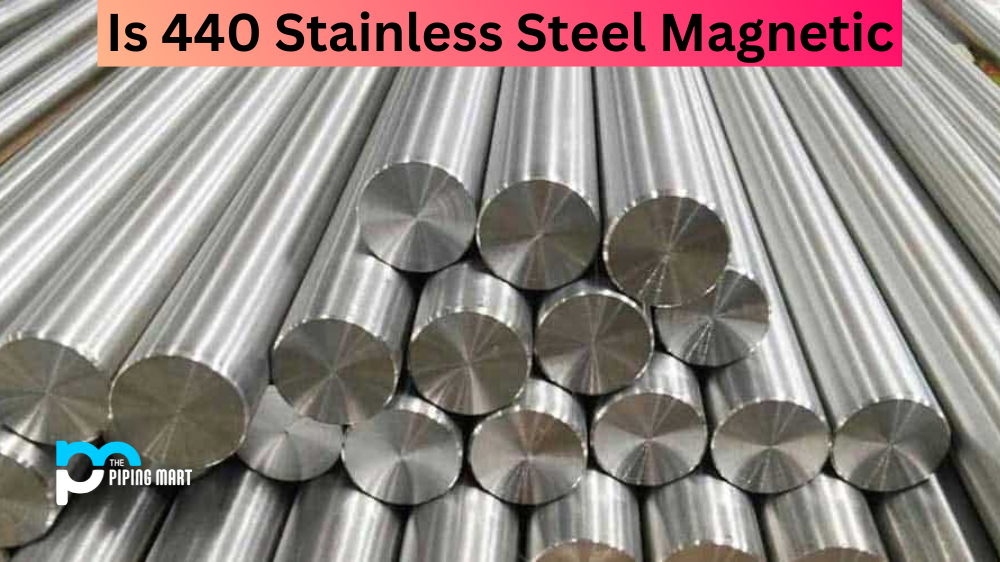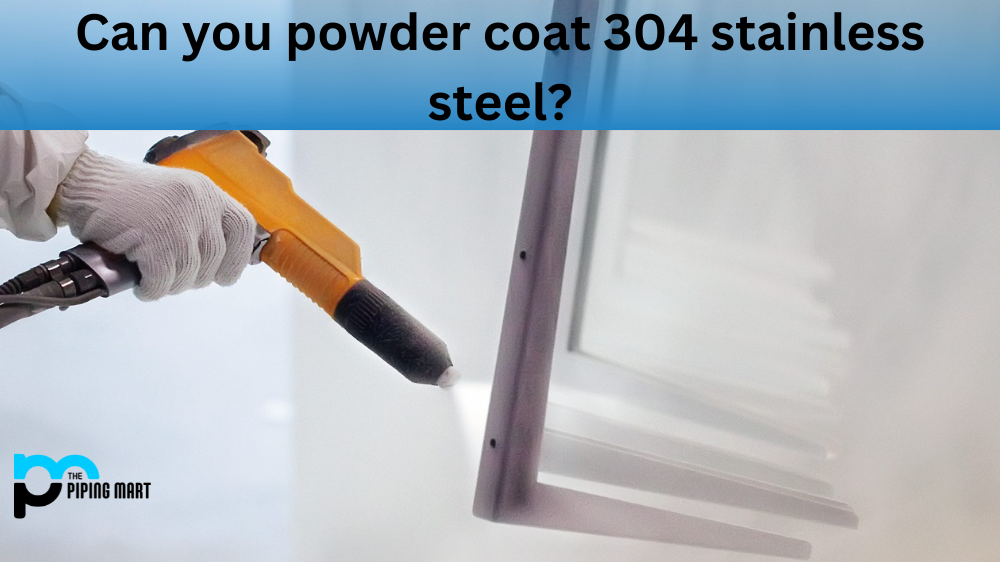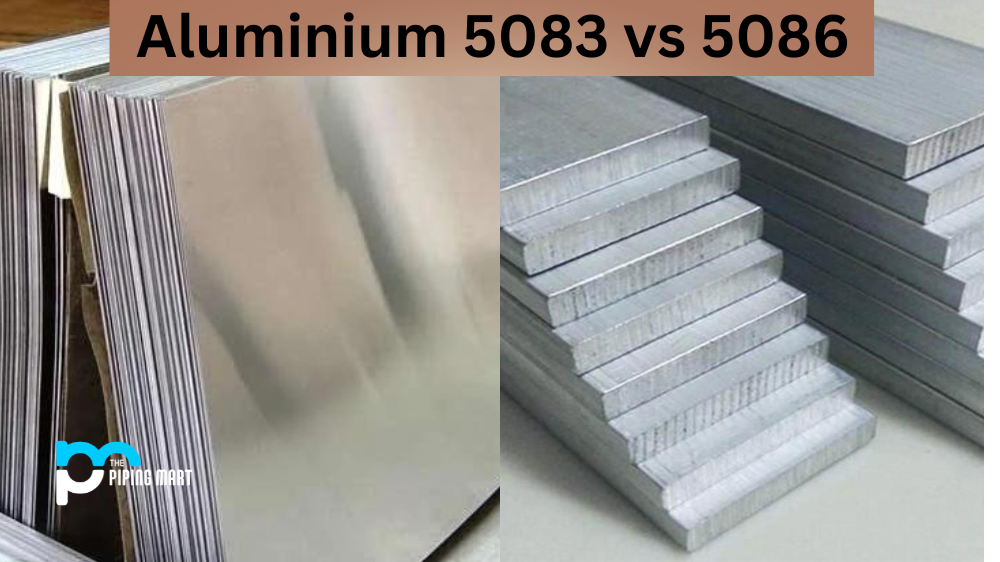When it comes to high-performance materials, few can match the strength and temperature resistance of Inconel alloys. Inconel 713C and 718 are two of the most popular alloys used in aerospace and power generation industries. Each alloy offers its own unique set of benefits, but how do they compare? Let’s take a closer look at the properties of each alloy so that you can make an informed decision when choosing between them.
Inconel 713C
Inconel 713C is a nickel-chromium-molybdenum super alloy for extreme temperatures (up to 1500°F). It is stronger than other nickel-based super alloys thanks to its high levels of chromium, molybdenum, and aluminum, which improves oxidation resistance and thermal stability. This makes it ideal for gas turbine blades, exhaust nozzles, rocket motors, and more.
Inconel 718
Inconel 718 is a nickel-chromium-molybdenum super alloy designed primarily for cryogenic temperatures. It has excellent creep resistance thanks to its high levels of chromium, aluminum, niobium, titanium, and molybdenum. This makes it ideal for applications such as turbocharger rotors, fasteners, turbine wheels, bolts, and more.
Difference Between Inconel 713C and 718
The main difference between these two alloys is their primary application; Inconel 713C is better suited for higher temperatures, while Inconel 718 excels in lower temperatures. Both alloys offer excellent corrosion resistance, but Inconel 713C may be slightly more resistant than its counterpart due to its higher chromium content. Additionally, Inconel 718 tends to be slightly easier to machine than Inconel 713C due to its lower levels of carbon.
- Inconel 713C is a nickel-chromium alloy that is precipitation hardenable.
- Inconel 718 is a nickel-chromium alloy that is age hardenable.
- Inconel 713C has better mechanical properties at elevated temperatures than Inconel 718.
- Inconel 713C has better corrosion resistance than Inconel 718.
- Inconel 713C is more expensive than Inconel 718.
Conclusion:
In the end, it really depends on your application needs; if you need an alloy with good creep resistance at low temperatures, then Inconel 718 is probably your best bet, but if you need something with better oxidation resistance at higher temperatures then Inconel 713C should be your go-to material. Ultimately both alloys offer excellent properties, so whichever one you choose will depend on your specific requirements. With this knowledge, you can make an informed decision when selecting between these two popular nickel-chromium-molybdenum super alloys.
Sakshee is a talented blogger, with a particular focus on the Business and Metal Industry. She is passionate about sharing her insights on various metal products and helping professionals to make a better decisions.




